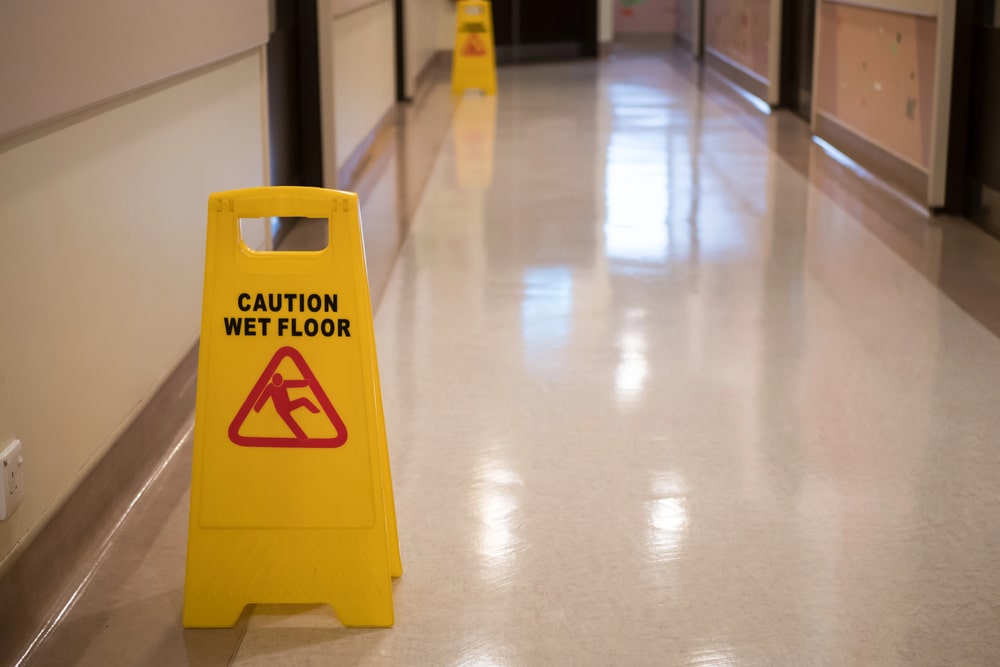Who’s Liable In A Truck Crash?

Truck crashes can lead to devastating injuries, overwhelming medical bills, and life-altering consequences for those involved. When you’re reeling from the aftermath of a collision with a commercial vehicle, one of the most urgent questions is: who is legally responsible? When someone is injured because of someone else’s negligence, they may be entitled to compensation. When it comes to accidents involving commercial vehicles, there may be more than one person or entity who is liable for damages.
Below, our friends at Brown Paindiris & Scott, LLP discuss who may be liable in a truck crash.
More Than Just The Driver
In many cases, the first assumption is that the truck driver is at fault. While this is sometimes true, liability often goes beyond the person behind the wheel. Truck drivers must follow federal and state regulations, including limits on driving hours and mandatory rest periods. If a driver violates these rules, they can be held accountable. However, the company that employs the driver may also share responsibility for what happened on the road.
The Trucking Company’s Role
Trucking companies have a duty to hire qualified drivers, maintain their vehicles, and enforce safety standards. If a company fails to perform background checks, ignores red flags in a driver’s record, or pressures employees to meet unrealistic delivery schedules, it may be held liable for contributing to a crash. Even when drivers are classified as independent contractors, companies may still be responsible depending on the level of control they exert over day-to-day operations and decision-making.
Cargo Loaders And Maintenance Crews
In commercial trucking, liability can extend to third-party vendors. If a crash is caused by an improperly secured load, the party responsible for loading the cargo could be liable. Similarly, if poor maintenance leads to brake failure or tire blowouts, the company or individuals responsible for servicing the truck may be at fault. Maintenance records and inspection logs can be useful in determining where negligence occurred.
Manufacturers Of Defective Parts
Sometimes, a mechanical failure contributes to a serious truck accident. If that failure stems from a defective part—such as faulty brakes, steering systems, or tires—the manufacturer may be held liable through a product liability claim. These cases often involve thorough investigation and require the preservation of evidence from the crash site, which can quickly become lost or altered.
Government Entities And Road Conditions
In rare situations, poor road design or lack of maintenance plays a role in a truck crash. When potholes, missing signage, or obscured sightlines cause or worsen an accident, the city, county, or state responsible for that roadway could be held accountable. Claims against government agencies often involve shorter deadlines and specific filing requirements, which must be followed closely.
Why Legal Representation Matters
Truck accident claims are rarely straightforward. Multiple parties may share responsibility, and each may have its own legal team and insurance provider. A personal injury lawyer can evaluate the evidence, gather necessary records, and pursue compensation from every liable party—helping injured individuals focus on their recovery while their case moves forward.
Holding The Right Parties Accountable
Determining fault in a truck crash isn’t just about assigning blame—it’s about getting justice for those who’ve been harmed. Whether the responsible party is the driver, the company, a parts manufacturer, or another entity, holding them accountable can provide financial relief and help prevent future accidents that could impact others in similar ways. It can be complicated to prove fault in trucking accidents and it is recommended that victims find a good truck accident lawyer to shoulder their legal burdens so that they can focus their time and energy on recovery and rehabilitation.

